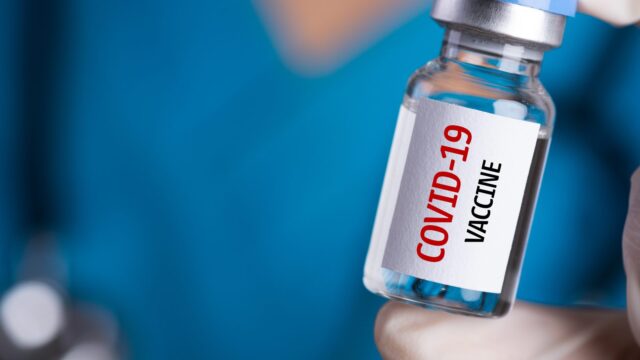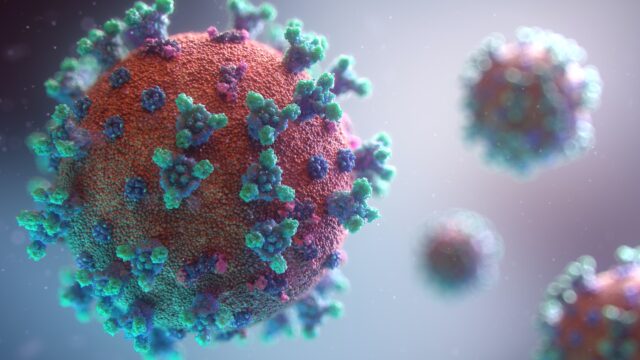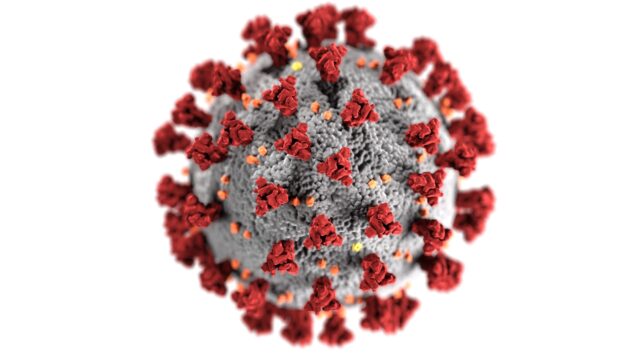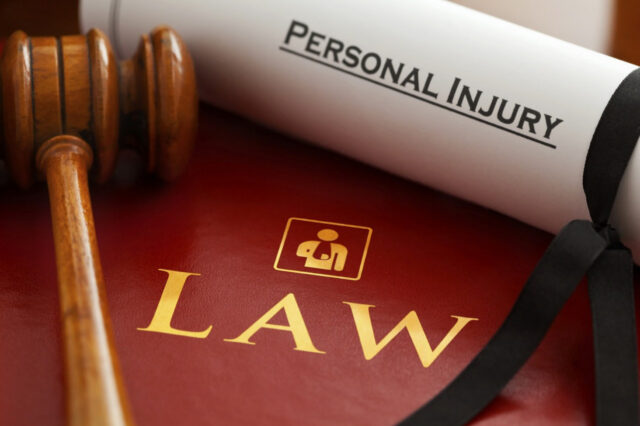
Vaccines are one of the most effective ways to prevent patients from COVID-19 infection. As a result, with COVID-19 vaccination underway or on the horizon in many nations, some may be debating whether to make COVID-19 vaccination mandatory in order to boost vaccination rates and meet public health objectives, and if so, under what conditions, for whom, and in what contexts.
When considering vaccine options, it is critical for everyone to understand their rights.
Is it mandatory for me to get vaccinated against COVID-19?

In the Netherlands, vaccination is not required. Unless there is a valid legislative restriction, the right to physical invulnerability exists under Article 11 of the Constitution. The Council of Europe has passed a resolution emphasizing its opposition to mandatory COVID-19 vaccination. This Council, of which the Netherlands is a member, protects human rights throughout Europe. The Council declares in its resolution that you, as a citizen, should have the freedom to make an informed decision on vaccination. The Council also feels that you should be well-informed about the vaccine’s hazards.
Is it required of you to be vaccinated, for example, in your place of employment? Please contact Stichtingcoronaonderzoek.com (anonymously) so that you can get legal advice and, if necessary, assistance.
Is it mandatory for me to vaccinate my child against COVID-19?
COVID-19 vaccinations are only available to people aged 16 and above in the European Union. The vaccinations had hardly been tested on children under 16 prior to their release on the global market. In any event, such a requirement cannot be placed on minors. Vaccination is not required in the Netherlands in general.
Should I get vaccinated when pregnant?

If you’re pregnant, you can get vaccinated, but the RIVM suggests waiting until after the baby is born. Before their market introduction, the vaccinations were not or only lightly studied on pregnant women. Furthermore, because little research has been done on breastfeeding following vaccination, researchers are unsure whether the vaccine’s components are excreted in breast milk.
Why do I need to be vaccinated?
The theory is that people who are vaccinated are less likely to contract the coronavirus. The COVID-19 vaccine is said to be effective in 60 to 95 percent of cases. There is no guarantee that you will be entirely immune to COVID-19. You can still catch corona and/or infect others after getting vaccinated. Furthermore, nothing is known about the long-term consequences. You must assess the benefits and drawbacks of vaccination against the hazards posed by the coronavirus.
My workplace is pressuring me to be vaccinated. Is this legal?

In the Netherlands, vaccination is not required. As a result, an employer cannot lawfully compel somebody to get vaccinated. This also covers any form of unfair pressure applied to an employee.
Is it necessary for me to continue to follow the corona measures after vaccination?
Yes, you must continue to follow the recommended preventative measures even after vaccination. The vaccination does not affect the coronavirus’s contagiousness and, as a result, can induce transmission.
Is it necessary for me to pay for the COVID-19 vaccine?
You are not responsible for these expenses. Furthermore, because this is a nationwide vaccination program, there is no deductible. It is better to contact your health insurer in this case.
What are the COVID-19 vaccine’s side effects?

Vaccines are intended to provide immunity without the risk of contracting the disease. When getting an immunization, it’s typical to have some mild-to-moderate adverse effects. It is because your immune system tells your body to react in specific ways, such as increasing blood flow to allow more white blood cells to circulate and raise your body temperature to kill the virus.
Mild-to-moderate side effects, such as a low-grade fever or muscle aches, are expected. However, these are not a cause for concern. They are signs that the body’s immune system is reacting to the vaccine, specifically the antigen (a substance that triggers an immune system response), and is preparing to fight the virus. After a few days, these side effects typically go away on their own.
Both standard and mild or substantial side effects are beneficial since they demonstrate that the vaccine is effective. The absence of side effects does not indicate that the vaccine is ineffective. It means that everyone’s body reacts differently.
What Is the EU Vaccination Passport and How Do I Use It?
You must carry your certificate with you wherever you go in the EU, whether it is in digital or print format. You’ll need to show it at any border crossings you come across while traveling. The certificates have their own digital signature key to prevent falsification, which is part of the QR code. The verification was made feasible by a gateway built by the EU Commission and now connects to the Member States’ national systems.
In the event of a personal injury, who is responsible?

Based on product liability, the manufacturer of the COVID-19 vaccination is accountable if the vaccine causes injury to the patient after administration. The government has contractually shifted this liability to the vaccine makers, who will make provisions for it. However, in some circumstances, the GP is not exempt, such as when there is a demonstrated medical error.
Conclusion
COVID-19 vaccines are successful in protecting humans. Before considering forced vaccination against COVID-19, governments and institutional policymakers should employ arguments to support volunteer vaccination. Efforts should be made to demonstrate the benefits and safety of immunization to achieve the highest level of vaccination acceptability. Only if these methods fail should stricter regulatory actions be explored.
When deciding if mandatory COVID-19 vaccination is an ethically justifiable policy choice, various moral considerations and cautions should be openly acknowledged and addressed through ethical analysis. Like other public health policies, mandatory vaccination choices should be based on the best available information and decided by legitimate public health authorities in an open, fair, and non-discriminatory way that includes participation from impacted parties.








